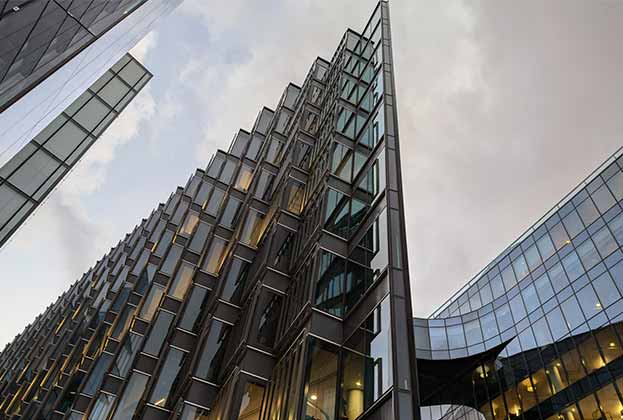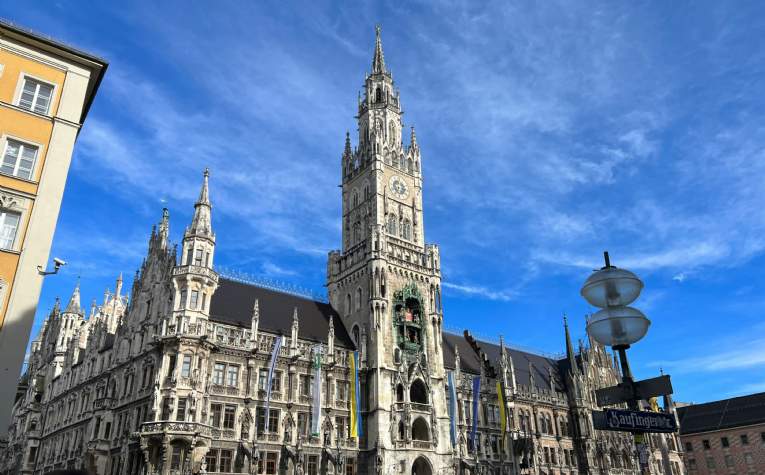In some ways there were no surprises at the top of our Impacts Resilient Cities Index 2021, with usual suspects such as New York, Los Angeles and London considered to be the places most able to thrive against the disruptive forces facing global real estate today.
But the index, which charts the extent to which a city is able to withstand challenges over the next decade, also counts Amsterdam among its top 20, thanks to strong scores for ESG performance and knowledge economies – ranking 17 in the global index and six in Europe.
This is partly down to our local real estate market performing well, on account of investors looking for investments in relatively stable markets. Interest in core product remains high – a trend that is visible across the sector. With investors battling for core assets, this is keeping yields stable at around 3 per cent, or putting them under further pressure.
The Index also takes into account a city's ESG performance and Amsterdam outperforms the top 10 in this respect. A strong focus on ESG by domestic investors, but also the availability of nature in the immediate vicinity of the city are underlying reasons why.
The speed at which the city completes sustainability upgrades, however, is almost three times as high in 2021 as it has been in recent years. With a (whopping) 300,000 sq m becoming unlettable in 2023 as a result of more stringent local legislation, this efficiency will be much-needed. To further support this, the city will also need to continue selectively adding new sustainable offices to its stock to enable Amsterdam to retain its current competitive position.
A strong economy is vital for the real estate market: the better an economy performs, the more the property market thrives. If we only look at the economic criteria in the Index, American and Chinese cities are at the top, although Tokyo and London also score well. Prior to the pandemic, Amsterdam benefited tremendously from its favourable business climate, tourism, highly-educated workforce, strategic location in Europe and the presence of many international companies.
The Amsterdam economy had been growing fast until Covid-19 and, like everywhere else, the global pandemic dealt a blow to that. However, there has been barely a decline in occupier demand: a mere -0.2 per cent compared with 2019. Over the same timeframe, take-up in the G4 (including Amsterdam) declined on average by -5.7 per cent. This proves Amsterdam is a resilient city in national as well as international terms.
Now the recession appears to be at an end, the Dutch economy is growing; by 3.1 per cent in the second quarter compared to the first quarter of 2021. This, combined with our preparedness for the future headwinds, means we have every reason to be optimistic about 2021, but also beyond.
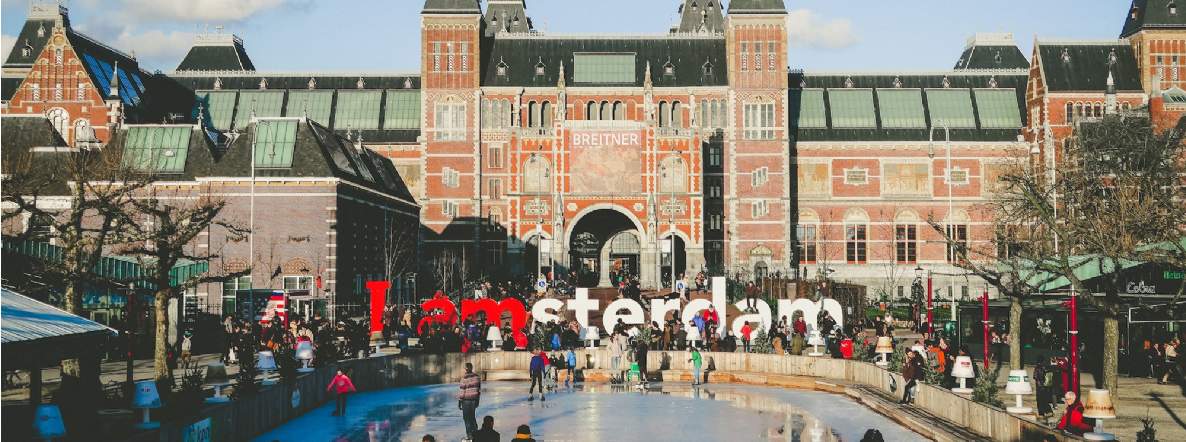
.jpg)

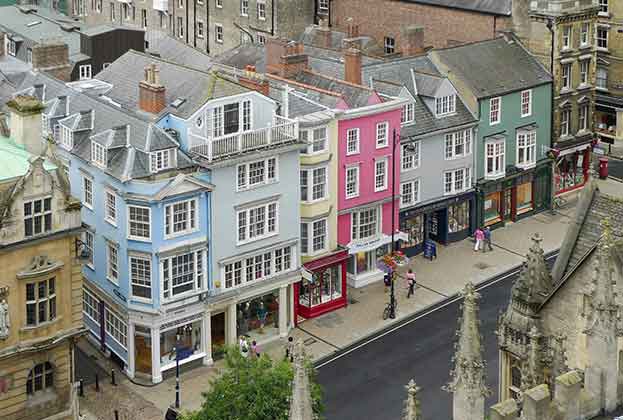

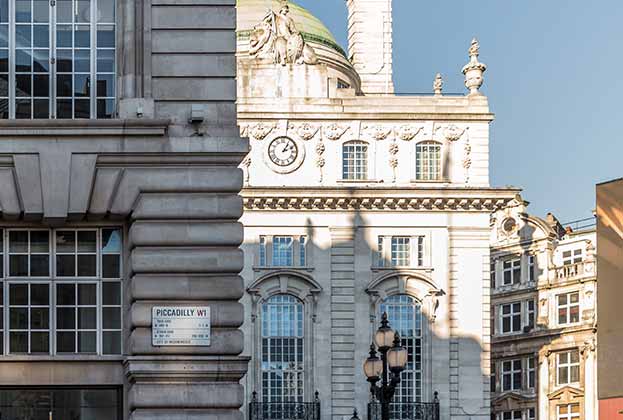
.jpg)

